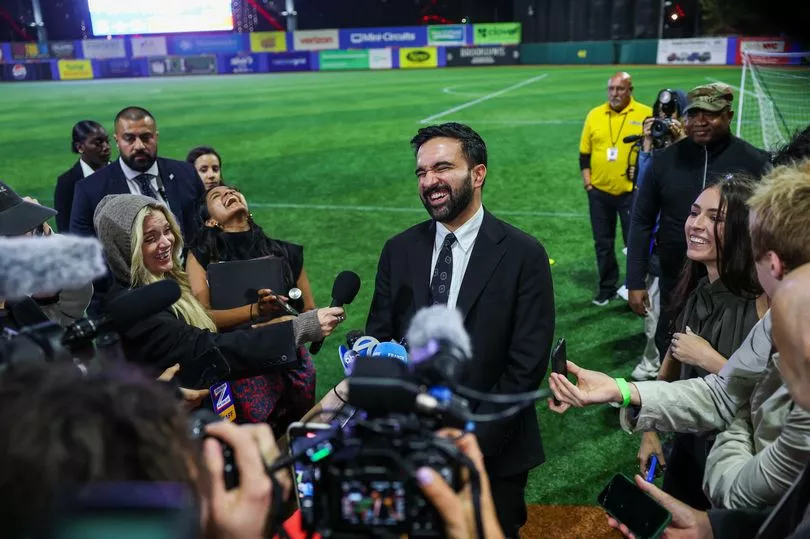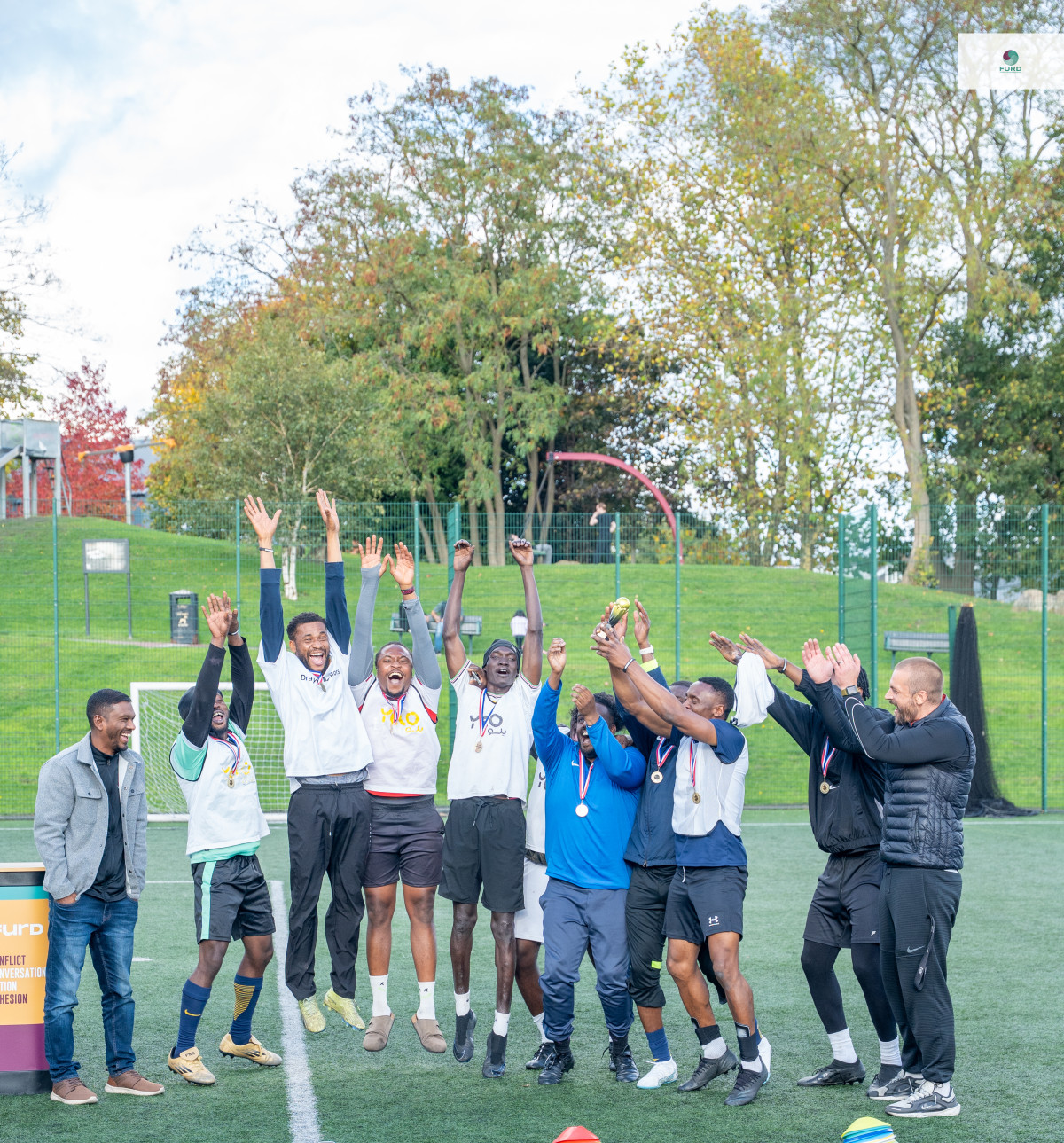In recent weeks banners and chants celebrating an obscure Polish man have been making the rounds at football matches by far-right supporters. The man, Janusz Waluś, was last year released from a prison sentence for murdering a South African leader.
Waluś was convicted for the murder of South African anti-apartheid campaigner and politician Chris Hani. They act of killing Hani, a senior member of the ruling party of South Africa, the ANC, made Walus a hero to many.
He was deported from South Africa after a 30 year prison term on December 7th. His return home has been marked by “welcome home” messages displayed at football matches in Poland’s top leagues by far-right fans of Cracovia, ŁKS Łódź and Radomiak Radom, as well as by Levski Sofia supporters in the Bulgarian league.
Who is Janusz Waluś?
Waluś moved to South Africa in the early 1980s, assassinating Chris Hani in April 1993. Hani, a pivotal figure in the anti-apartheid struggle, was targeted to derail South Africa’s transition from apartheid to democracy. Waluś carried out the assassination alongside Clive Derby-Lewis, a far-right politician who supplied the murder weapon. The killing provoked widespread outrage and brought South Africa to the brink of civil unrest.
Waluś and Derby-Lewis were quickly apprehended and sentenced to death. Their sentences were later commuted to life imprisonment following the abolition of the death penalty in South Africa. During his imprisonment Waluś became a rallying point for far-right sympathisers, who campaigned for his release. Over the years these campaigns have gained traction, particularly in his native Poland where he has been portrayed as a victim of political persecution.
Why is Waluś a significant figure for far-right football fans?
According to Dr. Rafał Pankowski, Professor at Collegium Civitas and co-founder of the Stowarzyszenie ‘NIGDY WIĘCEJ’ (‘Never Again’ Association) in Poland, “For the far right, Waluś symbolizes their desire for extreme violence. As a racist killer, he embodies the ideology of a globalised far-right extremism.”
This glorification has extended into football culture, where far-right-affiliated ultras have embraced him as a martyr-like figure. Football fan groups in countries like Poland, Bulgaria, and Hungary have prominently shown support for Waluś, framing him as a “defender” of “White Europe.”
Expressions of support for Waluś have included banners, scarves and portraits at matches. Polish club supporters have unfurled banners bearing Waluś’ name or image during matches, often alongside slogans glorifying his actions. In September 2013, Legia Warszawa fans displayed a portrait of Waluś at a Europa League home match against Lazio, accompanied by the message “Stay strong brother” written in English. An incident for which UEFA fined Legia €100,000.
The Never Again Association, established in Warsaw in 1996 to campaign against racism, antisemitism, and xenophobia, has documented displays of pro-Waluś banners at clubs such as Legia Warszawa, Raków Częstochowa, Lechia Gdańsk, and Pogoń Szczecin, as well as at matches of the Poland national team. A surge of such incidents occurred in 2020, following the return of live-audience matches after the pandemic and in reaction to the global anti-racist Black Lives Matter campaign and protests.
Dr. Pankowski notes that, “The far-right infiltration of Polish football culture—of which the Waluś cult is an expression—is almost unchallenged. We continue to monitor and condemn these activities, but the Polish football environment seems too intimidated to take action. Unfortunately, the manifestations of the cult of Waluś have been tolerated by Polish football officials.”
Safety of African people living in Poland
After nearly three decades in prison, Waluś was released on parole in November 2022, following a controversial ruling by South Africa’s Constitutional Court. When Waluś arrived at the Warsaw airport, he was accompanied by far-right MEP Grzegorz Braun and members of a neo-Nazi group called Bad Company. “I fear the current cult of Waluś has dangerous implications for the safety of African people living in Poland,” says Dr. Pankowski.
Fare and its partners will continue to monitor the situation at football matches across Poland and Europe, urging all relevant actors to take a firm stance against the glorification of racists and far-right extremists in football stadiums.





